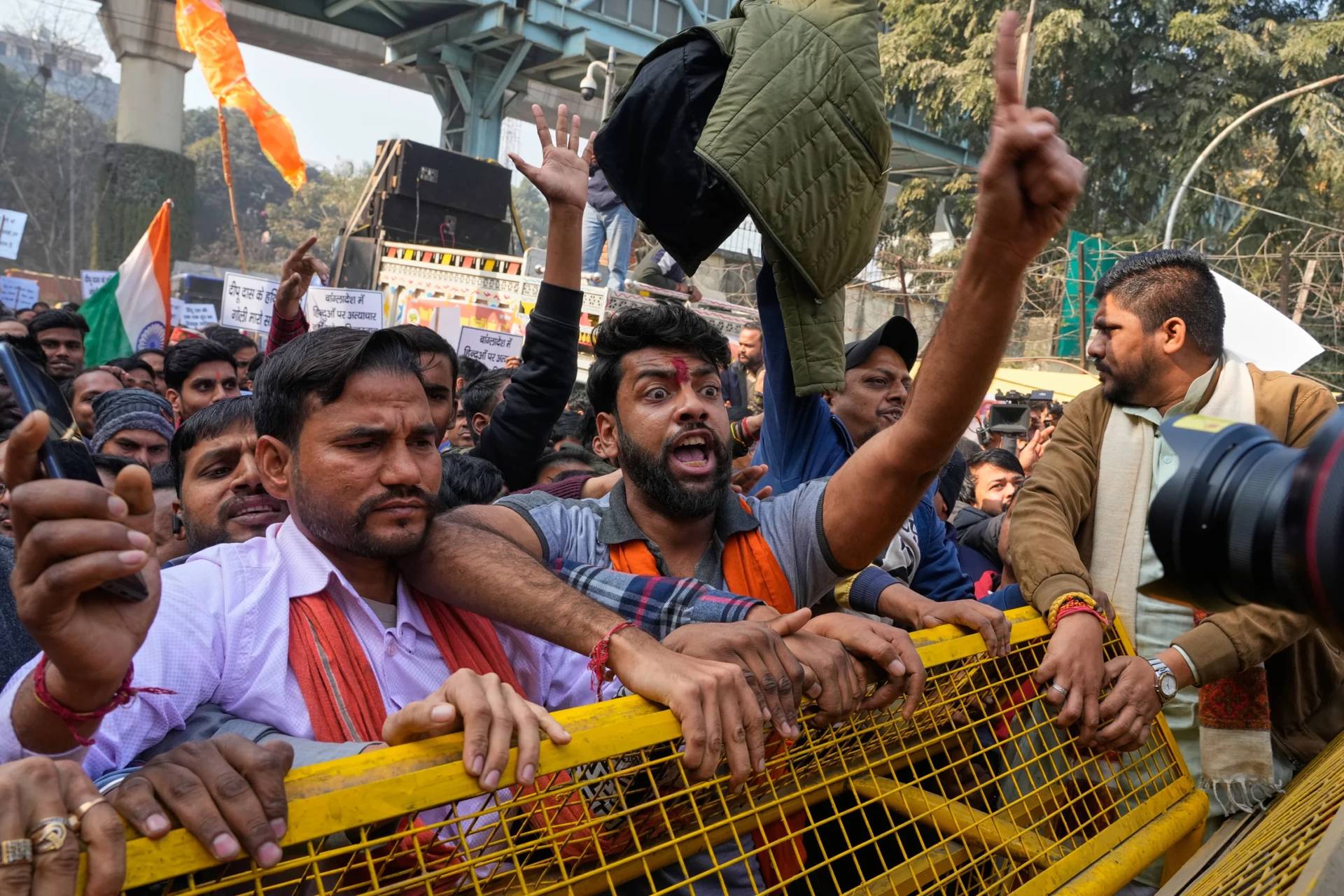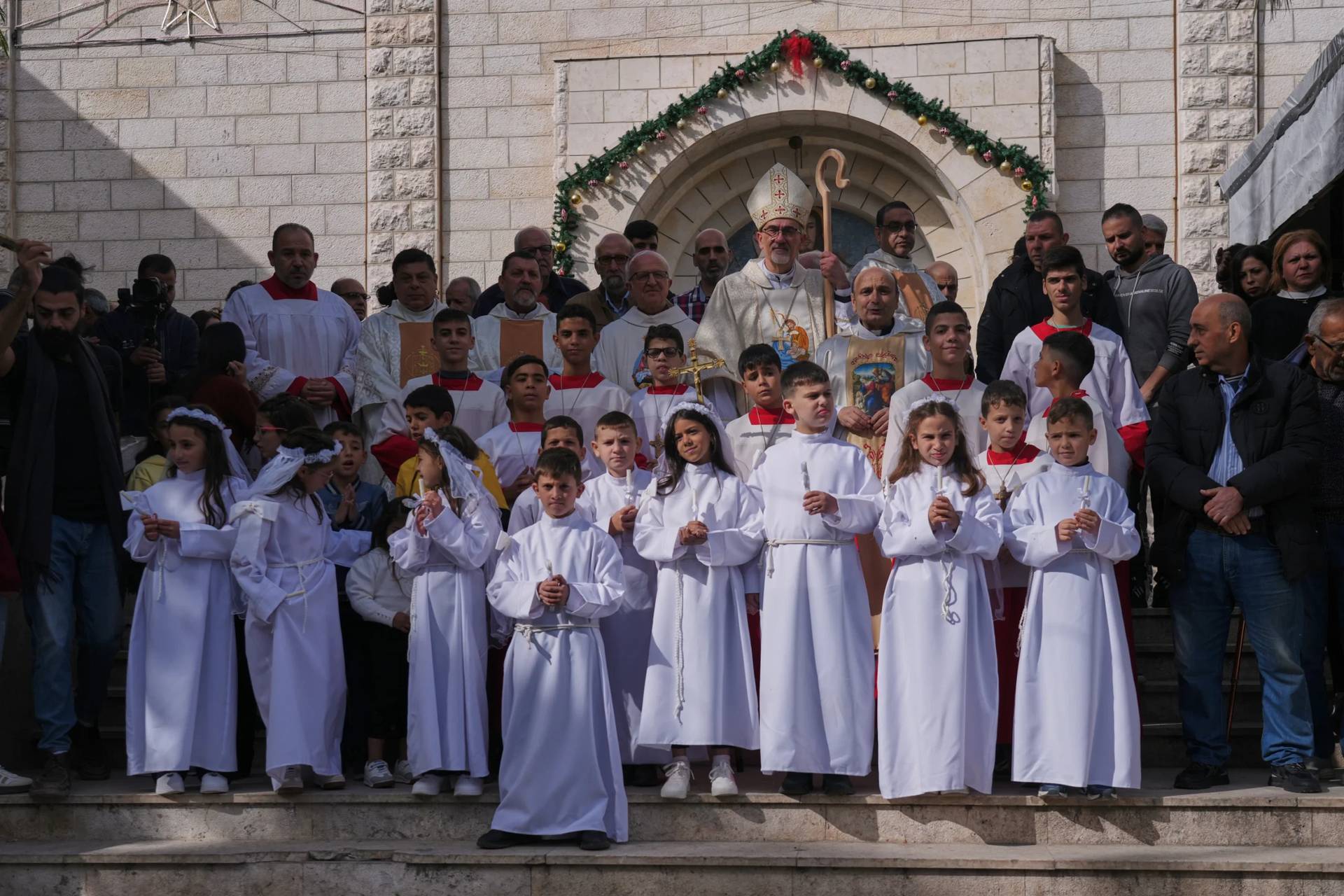Europe’s key financial watchdog group has given a broad thumbs-up to legal reforms introduced in the Vatican to prevent future money-related scandals, but also warned that the real test will be to see those procedures working in practice through effective investigations and prosecutions.
To date, evaluators found, there are “no real results” in terms of significant prosecutions of financial crimes by Vatican law enforcement or the confiscation of assets.
“All in all, the basically sound legal structure that has been put in place … now needs to deliver some real results on the prosecutorial side in the Holy See and the Vatican City State,” evaluators concluded.
The conclusion came in a Dec. 8 assessment from Moneyval, the Council of Europe’s lead agency in the fight against money laundering and the financing of terrorism.
Under Pope Benedict XVI, the Vatican launched an effort to bring its legal framework and regulatory practices into compliance with Moneyval standards, for the first time inviting outside secular inspection of its financial operations.
At the same time, Vatican officials said the decision was driven both by an internal desire to prevent future scandals, and also external pressures related to threats to the Vatican’s ability to do business internationally if it’s not seen to abide by accepted global standards of transparency and accountability.
In early 2013, for instance, an Italian bank suspended credit card services to the Vatican, asserting that it did not abide by international anti-money laundering regulations.
Moneyval issued reports on the reform efforts in 2012 and 2013, finding the Vatican only partially compliant, but moving in the right direction.
“Much work has been done in a short time,” the 2013 report concluded, to “rectify deficiencies in all areas.”
The new evaluation represents a second follow-up report as part of the normal Moneyval process.
In general, the report found that the Vatican under Pope Francis has plugged most of the legal and regulatory holes identified in the 2012 assessment, such as clarifying and expanding the powers of its own financial watchdog unit — the Financial Information Authority — under Swiss anti-money laundering expert René Brülhart.
“The issue for the Holy See and Vatican City State,” the report said, “now turns to the levels of its effectiveness in the implementation of the international standards.”
Specifically, the report suggested that suspect money needs to be seized, and that parties guilty of financial crimes need to suffer legal consequences.
“While a significant amount of assets is reported to be frozen, there are no real results emerging by way of serious prosecutions or confiscations in any of the outstanding enquiries which involve allegations of money laundering,” the report found.
Evaluators also suggested that Vatican officials need to be sure that the gendarmes, its main police force, and the Promoter of Justice, its prosecutor, are up to the job.
“The authorities need to satisfy themselves that the Gendarmerie and the Promoter’s office have the capacity to conduct proactive financial investigations thoroughly and expeditiously, and to follow up investigations where necessary with clear requests for mutual legal assistance,” it said.
In cases in which individuals face investigations both in the Vatican and other places — most commonly, Italy — evaluators urged the Vatican to cooperate thoroughly.
There may be potential complications where the same suspects are being investigated in the Holy See and the Vatican City State and in other jurisdictions (albeit for different, though related offences),” the report said.
“In these circumstances, closer liaison with other foreign prosecutorial authorities on issues of best venue for prosecutions may need to be developed on an ad-hoc basis by prosecutors in more cases.”
Reacting to the report, a Vatican representative said that it shows broad progress in reform efforts.
“The latest progress report confirms that the Holy See has established a functional, sustainable, and effective system, aiming at preventing and fighting financial crimes,” said the Rev. Antoine Camilleri, undersecretary for Relations with States in the Vatican’s Secretariat of State, and its chief representative to Moneyval.
The next Moneyval review of the Vatican is scheduled to come in December 2017.

















